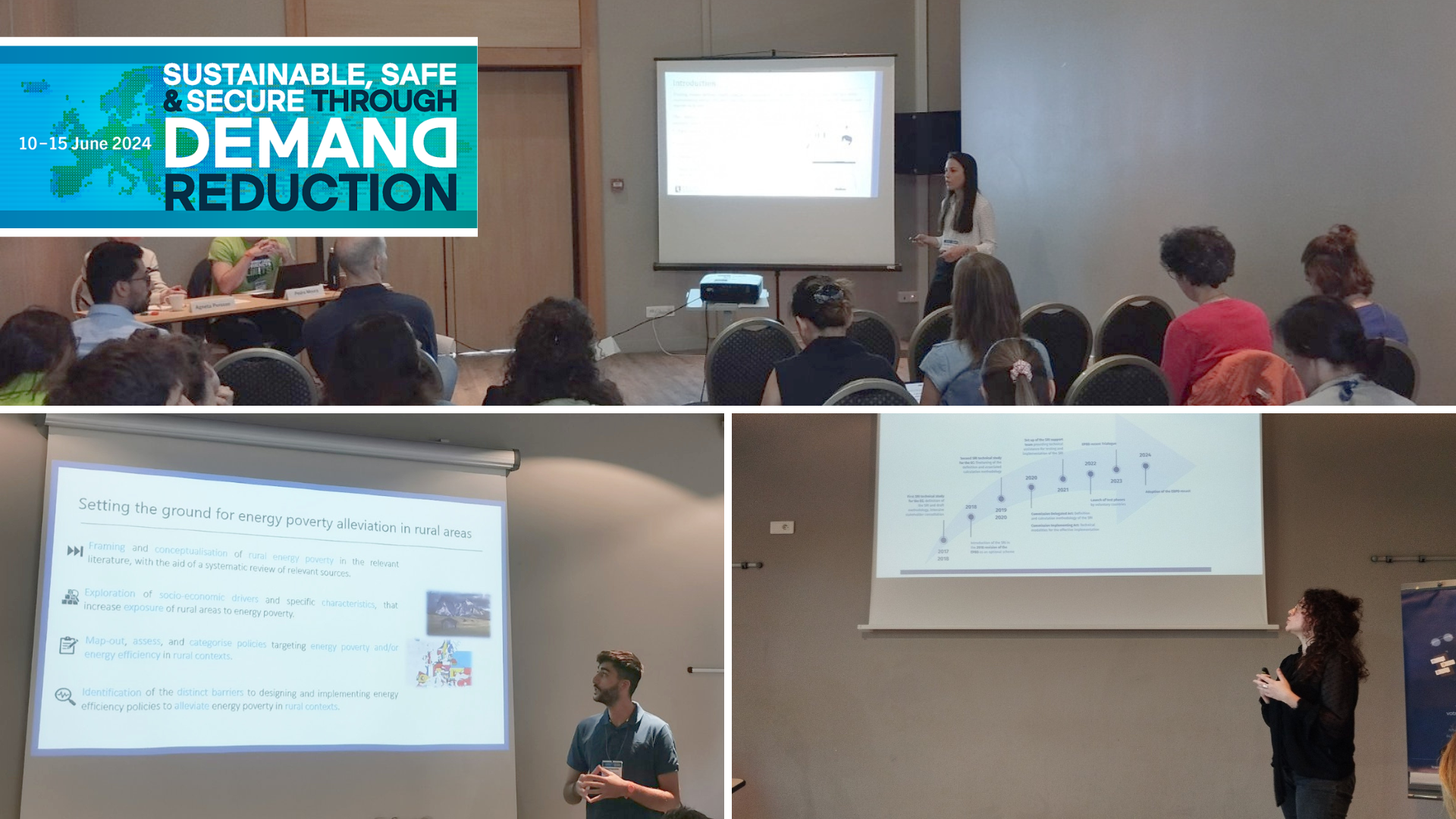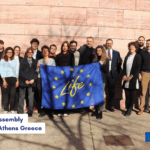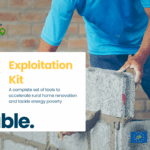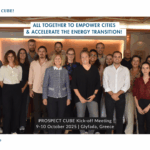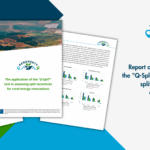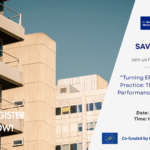The Technoeconomics of Energy Systems laboratory (TEESlab) participated in Europe’s most important event on energy efficiency, the European Council for an Energy Efficient Economy (eceee) summer study that took place on 10-15 June at the Center Parcs Le Lac d’Ailette’ in France. This year, the summer study brought together 400 participants from industry, energy suppliers, governments, research, consulting, and the NGO sector to formulate tomorrow’s energy policies.
During the five-day event, our researchers presented the key findings from their scientific work within the context of three EC-funded projects and they participated in many interesting and insightful discussions.
Our presentations included Dimitris Papantonis showcasing the key findings of the study entitled “Updating the energy poverty and energy efficiency framework in rural areas across the EU” conducted in the context of the European Commission LIFE Programme RENOVERTY Project. The key results of the analysis highlight the unique characteristics and particularities that rural areas face when it comes to energy poverty, along with distinct barriers for the implementation of energy efficiency policies. It is, also, important to mention that Dimitris participated in the conference’s display presentation and demonstrated the Split Incentives Quantification Tool (Q-Split), a tool that allocates the costs and benefits of energy efficiency interventions for landlords and tenants. The Q-Split tool has been developed within the Horizon 2020 ENPOR Project and is currently being further developed by RENOVERTY.
You can find the full presentation here.
Another noteworthy contribution took place with Dimitra Tzani presenting the study on “Review on Smart Readiness Indicator: Potentialities and challenges on current initiatives” which is an outcome of the research within the context of the LIFE Programme SRI2MARKET project. The presentation aimed to highlight the challenges and potential solutions to facilitate the integration of the Smart Readiness Indicator within six national policy contexts (Austria, Croatia, Cyprus, France, Portugal, Spain). Moreover, Dimitra joined the workshop organised by Buildings Performance Institute Europe (BPIE) focusing on identifying trusted data providers for the EU Building Stock Observatory. The workshop highlighted that effective decision-making requires high spatial resolution, clear understanding of the penetration of technical measures and continuous updates on renovation rates.
You can find the full presentation here.
Last but not least, Danai Sofia Exintaveloni provided insights from the analysis on “Barriers and drivers in local and regional sustainable energy actions: A review and empirical investigation“ produced within the context of the Horizon 2020 PROSPECT+ project. The study aims to investigate the challenges regional and local authorities face when implementing their energy efficiency and sustainability actions and the enabling conditions and motivators that can be exploited to facilitate initiation and success.
You can find the full presentation here.
Returning to the lab, our researchers will continue with their research and we look forward to more exciting scientific outcomes!

